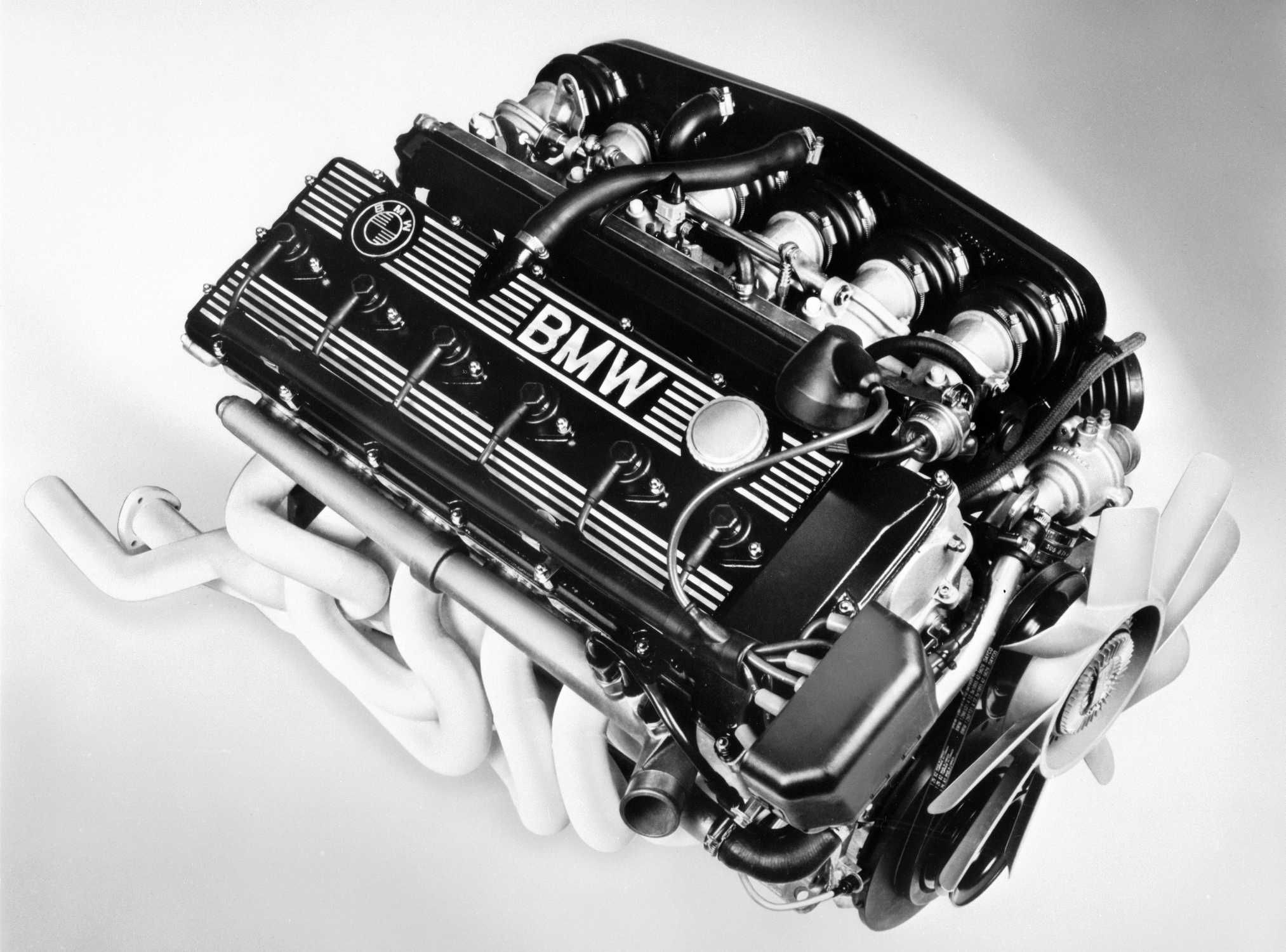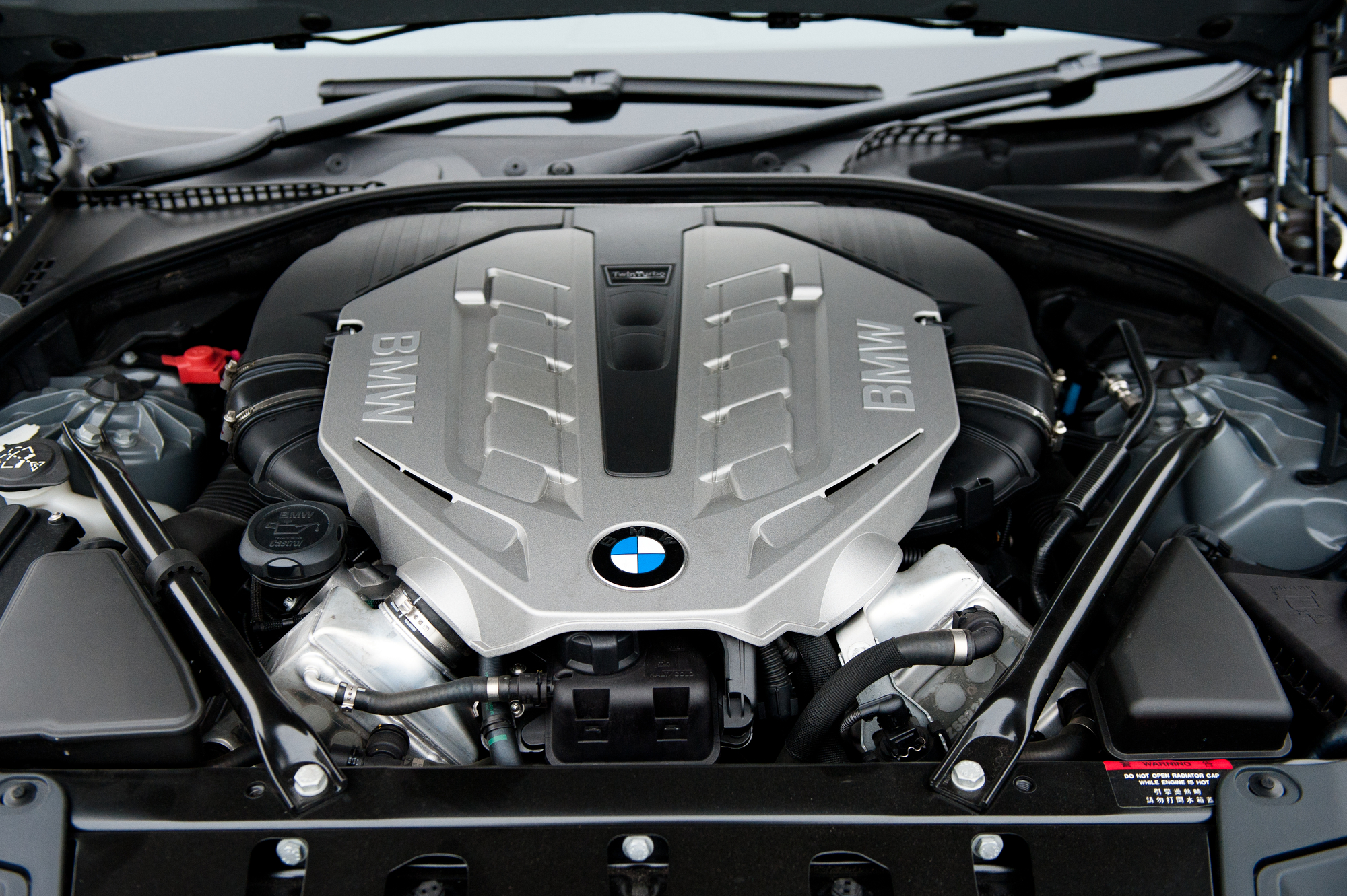Revealing the Intricacies of Next-Generation Power Units: a Deep Dive Into Advanced Engine Styles and Technologies
In the world of automobile design, the relentless search of efficiency, performance, and sustainability has actually propelled the evolution of power systems to extraordinary elevations. As we stand on the precipice of a brand-new age in transportation, the ins and outs of next-generation engine styles beckon us to explore the sophisticated modern technologies and innovations that assure to redefine the driving experience. From sophisticated materials that press the limits of sturdiness and weight decrease to advanced turbocharging and turbo charging systems that elevate power outcome to new degrees, each component of these power systems holds a vital to unlocking the future of vehicle design. Diving much deeper right into the realms of emission control, intelligent engine monitoring systems, and the perspective of power unit development, we find ourselves on the cusp of a change that assures to reshape the landscape of mobility as we understand it.
Advancement of Engine Products

The shift in the direction of progressed engine products has actually additionally made it possible for engineers to create engines with greater power results while keeping gas efficiency requirements. The usage of lightweight materials minimizes the overall weight of the engine, leading to boosted gas economic situation and lower emissions. Additionally, innovations in materials technology have allowed for better thermal monitoring within engines, resulting in enhanced reliability and longevity.
Turbocharging and Supercharging Technologies
How do Turbocharging and Supercharging Technologies revolutionize engine efficiency and efficiency in modern automobiles? Supercharging and turbocharging are modern technologies that significantly boost engine performance by increasing the quantity of air intake right into the combustion chamber. Turbocharging achieves this by utilizing a turbine driven by exhaust gases to pressurize the consumption air, while supercharging makes use of a belt- or chain-driven compressor to accomplish the same impact.
These technologies allow smaller sized, much more fuel-efficient engines to create power comparable to larger ones, referred to as downsizing. Forcibly even more air right into the cylinders, turbocharging and turbo charging enhance burning performance, leading to increased horsepower and torque result without a considerable rise in engine size. This causes better velocity, towing capability, and total driving performance.
Furthermore, turbo charging and turbocharging add to enhanced gas performance by allowing the usage of smaller sized engines that consume less fuel under regular driving problems - bmw engine. This mix of improved efficiency and efficiency has made turbocharging and turbo charging indispensable components of lots of modern-day engine layouts
Emission Control and Environmental Impact
With enhancing worldwide concerns relating to air top quality and environmental sustainability, the application of exhaust control modern technologies in vehicles plays an important role in lowering damaging contaminants launched right into the ambience. Modern lorries are furnished with innovative exhaust control systems that aid minimize the ecological influence of automotive procedures. Catalytic converters, for example, are designed to transform poisonous gases such as carbon monoxide gas, nitrogen oxides, and hydrocarbons right into less unsafe substances like co2 and water vapor.
In addition, innovations in engine modern technology, such as the assimilation of exhaust gas recirculation systems and careful catalytic reduction, have actually substantially added to reducing exhausts. These modern technologies operate in tandem to maximize combustion efficiency and minimize the release of hazardous pollutants right into the air. Furthermore, the advancement of hybrid and electrical lorries stands for navigate here a vital step towards lowering the total ecological footprint of the transportation field.
Intelligent Engine Administration Systems

Furthermore, these systems make it possible for automobiles to meet rigid emissions criteria without jeopardizing performance, giving a much more eco-friendly driving experience. The integration of man-made intelligence and artificial intelligence capacities in engine administration systems remains to push the borders of what is feasible, resulting in additional renovations in efficiency, dependability, and total car efficiency. bmw engine. As automotive innovation developments, intelligent engine management systems will play a critical role fit the future of transport towards a much more sustainable and reliable direction
Future Trends in Power System Advancement
As smart engine monitoring systems lead the means for improved control and optimization in contemporary lorries, future trends in power device growth are positioned to redefine the landscape of vehicle propulsion modern technologies. These different power sources offer enhanced efficiency and efficiency while lining up with strict ecological policies.
Another significant fad is the combination of sophisticated materials and manufacturing methods. Lightweight products such as carbon fiber and aluminum are being used to lower overall vehicle weight, enhancing gas effectiveness and performance. Additionally, advancements in 3D printing and additive manufacturing are enabling the manufacturing of complicated engine components with greater accuracy and sturdiness.
Additionally, expert system and device learning are playing a crucial duty in enhancing power unit efficiency. These technologies enable real-time monitoring and flexible control, causing more reliable and reputable power delivery. Generally, future trends in power system development are geared in the direction of efficiency, performance, and sustainability, driving the auto industry in the direction of a brand-new era of propulsion innovations.

Verdict
Finally, the advancements in engine products, turbocharging, discharge control, and intelligent monitoring systems have led the means for next-generation power systems. These technologies have not only better performance and performance but likewise lowered environmental influence. As technology proceeds to progress, future trends in power unit growth are likely to concentrate on more improving sustainability and enhancing power output. The complex designs and developments in contemporary engines display the ongoing development of auto technology.
Exploring the modern developments in engine materials has been essential in boosting the efficiency and effectiveness of modern-day engines. Over the years, the development of engine products has actually played an essential function in pushing view it the limits of what engines can attain.The change in the direction of progressed engine products has also made it possible for designers to design engines with greater power results while keeping gas effectiveness requirements.The execution of smart engine monitoring systems in contemporary automobiles has transformed the way engines browse around these guys are regulated and enhanced for performance and efficiency. By accumulating information in real-time and assessing it with advanced algorithms, smart engine monitoring systems can adjust to driving designs, ecological aspects, and engine health and wellness to maximize power output while minimizing gas usage and emissions.